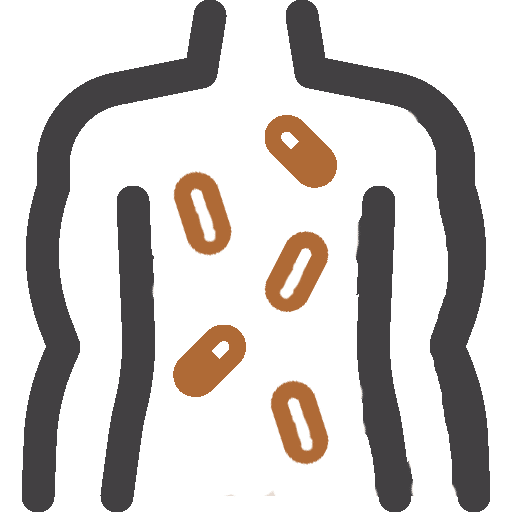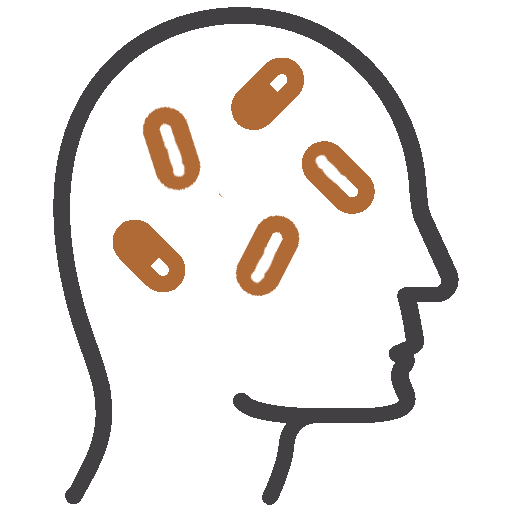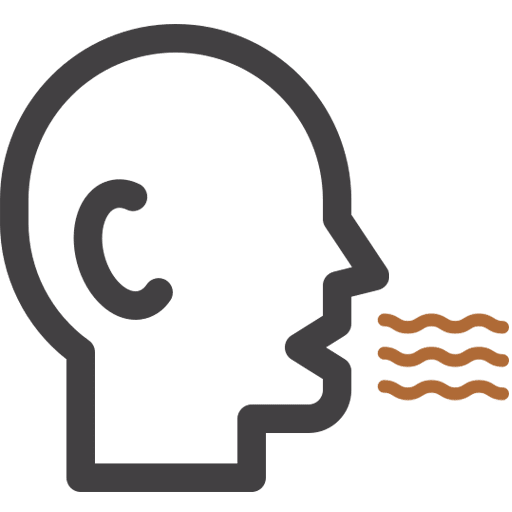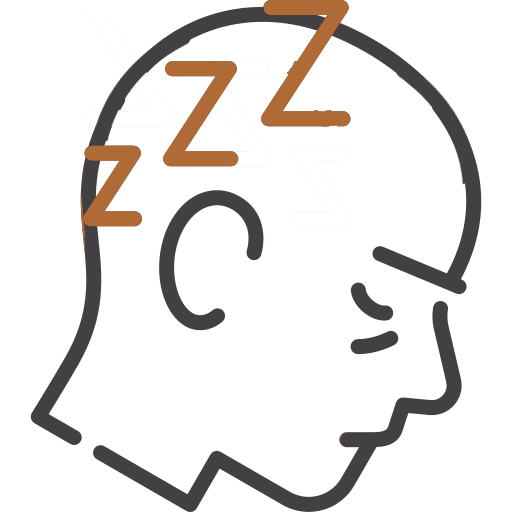Tizanidine is a muscle relaxant often prescribed to treat muscle spasms. The drug is commonly used for conditions like multiple sclerosis, where it helps reduce muscle stiffness and pain. While tizanidine works well for medical purposes, misuse of the drug can lead to addiction.
High doses or long-term misuse can cause serious health issues. Understanding the risks of tizanidine addiction is important for anyone using this medication.
















